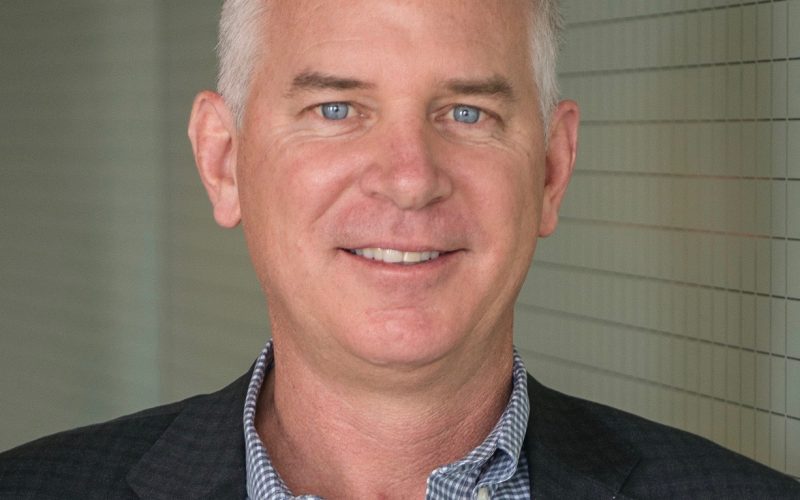
When Mike McSherry set out to build a digital health startup, the veteran entrepreneur wanted to create a company that would become ubiquitous in healthcare.
Xealth didn’t quite reach that ambitious goal. But its digital health software platform did gain traction — and drew the attention of a global tech giant.
Samsung completed its acquisition of Xealth on Friday. The deal, reported by Modern Healthcare at about $115 million, signals Samsung’s deeper push into digital health as it competes against Apple, Amazon, Google, and others.
It’s also a major milestone for Xealth, which helps healthcare providers prescribe and manage digital health tools. The company has 55 employees and plans to keep growing in Seattle under the same Xealth brand.
Samsung wants to triple the team’s headcount, said McSherry, who previously co-founded Swype, the predictive-text keyboard acquired by Nuance for $100 million in 2011.
Xealth spun out of Providence Health & Services in 2017. The company’s software lets clinicians prescribe and monitor digital therapeutics, devices, and health apps directly through electronic medical-record systems. Since launching eight years ago, Xealth expanded to services like transportation and meal delivery.
McSherry said adaptability — and deep relationships with 15 hospital systems and strategic investors including Novartis, Philips, ResMed, and Samsung — helped the company gain credibility and traction in an industry notoriously slow to adopt technology.
McSherry said U.S. healthcare remains stuck in economics where hospitals are reimbursed for treatment, not prevention.
He pointed to the lack of reimbursement for digital mental health apps despite widespread employer adoption.
That economic misalignment can slow the adoption of digital tools in healthcare, even as AI and connected devices make it easier to monitor health outside the clinic.
“What might be good for a patient is not necessarily good for the hospital finances or the insurance company finances,” McSherry said. “And what might be good for the hospital system can be detrimental to the patient or the insurance company.”

McSherry is bullish about teaming up with Samsung. The company has hundreds of millions of smartphone users and is expanding its line of smartwatches, health rings, and connected appliances.
“Ultimately, that’s going to be a doctor in your pocket, or a doctor on your wrist or ring,” he said. Those devices — along with advances in AI — will help intervene and notify consumers that they should schedule a doctor’s appointment or take a certain action, McSherry said.
Samsung is also a top-selling home appliance brand. McSherry sees an opportunity to embed health into the home environment itself — from detecting falls to promoting healthy routines.
Samsung has been seeking FDA approvals for health monitoring features such as AFib and sleep-apnea detection.
McSherry, who will remain CEO at Xealth, said his team will help build out Samsung’s health app store, curating digital-health solutions for consumers.
For startup founders in digital health, McSherry advised to understand who their real buyer is — and what motivates them.
“Who’s buying your solution? What are their economic incentives and motivations for buying that? And what are the repercussions to the other players that sit alongside them that may or may not play a role in reimbursement strategies or deployment strategies,” he said.
McSherry co-founded Xealth with Aaron Sheedy, his former colleague at Swype, which also raised investment from Samsung. Xealth raised north of $50 million.
“With the addition of Samsung, hopefully with their brand and their marketing and their prowess and distribution and assets, we can truly create a global platform — which was ultimately the goal at Xealth,” he said.
